Blizzard & Extreme Cold
All Blizzard & Extreme Cold Content
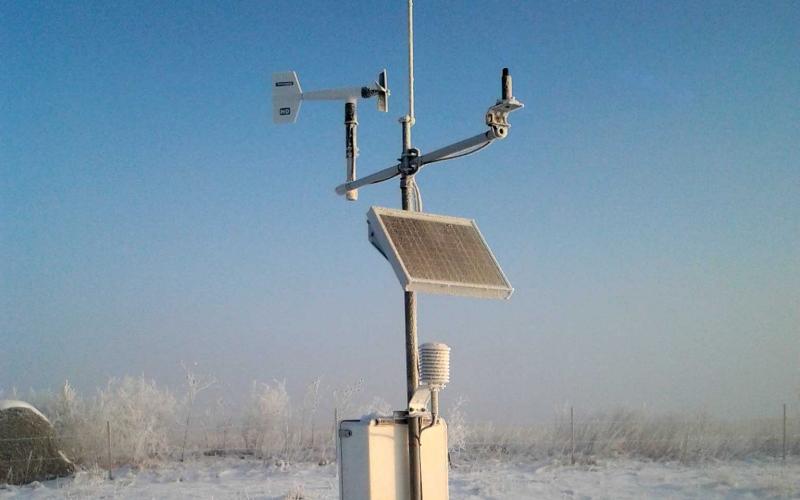
Livestock Stress Tool
Weather conditions in the Northern Plains can present more than a few challenges for livestock producers. From below zero or blizzard conditions during winter or even spring, to heat waves in the summer months, farmers and ranchers need to be prepared for rapidly changing conditions to provide the best care for their livestock and minimize their risks of losses.
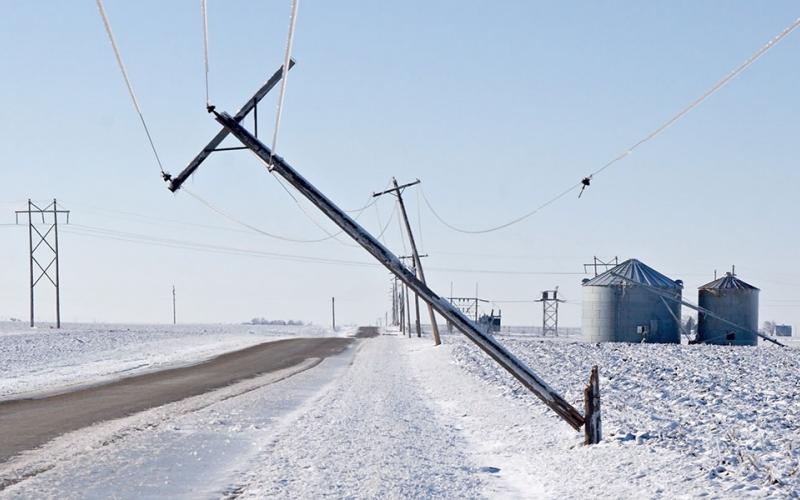
Caring for Animals When the Power Goes Out
Power outages bring with them a different set of circumstances to every animal operation. Questions about animal care and animal health products in the midst of electricity loss should be directed to your veterinarian.
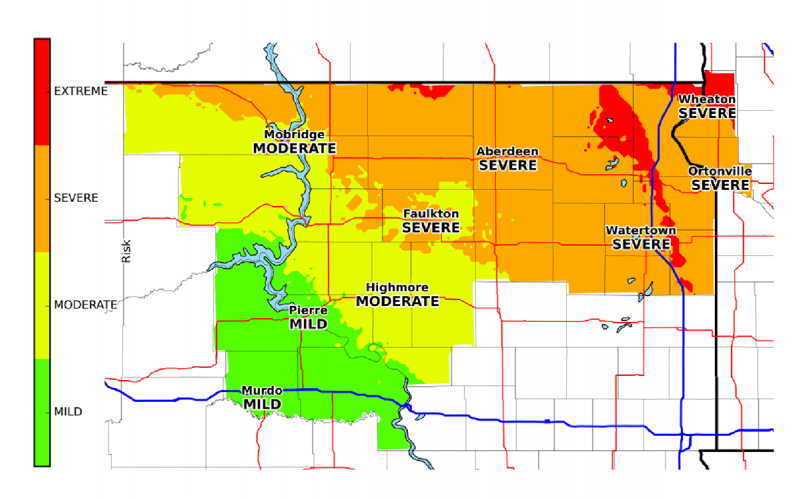
Using Weather Forecasts for Extreme Cold Risk to Newborn Livestock
Calving and lambing during a winter season with extreme weather swings can be concerning when caring for newborn livestock. The Cold Advisory for Newborn Livestock (CANL) forecast can be a useful tool for producers when preparing for newborn animals.

SDSU Extension and South Dakota Mesonet team up to release the Livestock Stress Tool
November 18, 2021
Weather conditions in the Northern Plains can present many challenges for livestock producers. Farmers and ranchers need to be prepared for rapidly changing conditions to provide the best care for their livestock and minimize their risk of losses.
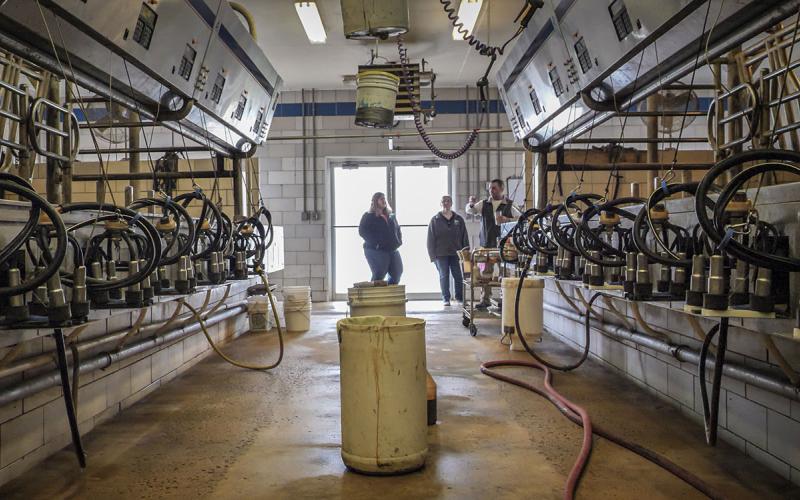
Factores que Afectan la Condición de la Piel del Pezón en el Invierno
Poco a poco y casi sin darnos cuenta, nos vamos adentrando en la estación más fría del año. Prepararnos para la llegada del invierno es importante para asegurar el bienestar animal.

Factors Affecting Teat Skin Condition in Winter
Even though cows are housed in many parts of the country, cold weather may play an important factor in udder health and milk quality.
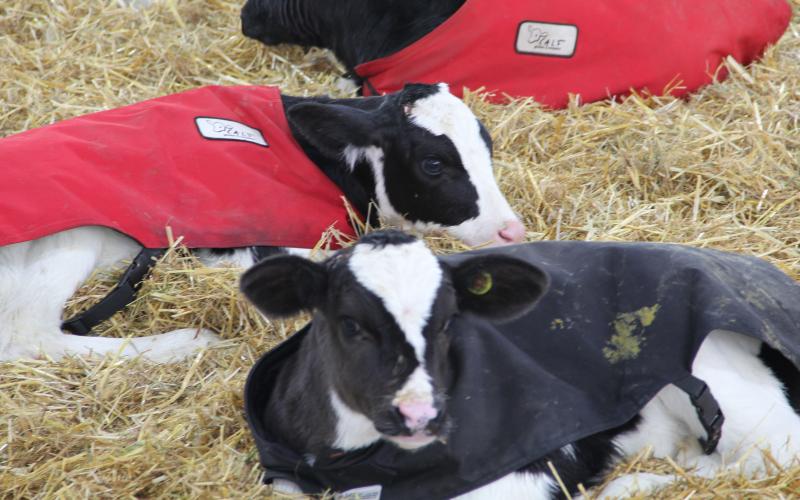
Keeping Pre-weaned Dairy Calves Healthy and Growing in Cold Weather
Cold stress can result in calves turning to stored body fat to generate body heat, essentially losing weight. In addition, calves experiencing cold stress will have compromised immune systems making them more susceptible to disease.

Managing Un-Weaned Dairy Calves During Cold Weather
Winter can present extra challenges for dairy producers and heifer growers as they try to keep calves alive and growing adequately in frigid temperatures.
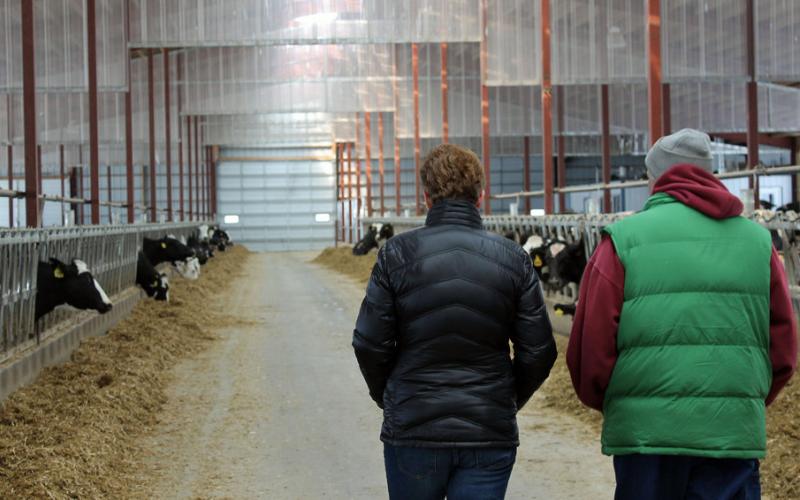
Emergency Preparedness on Dairies
Being prepared for an emergency on your dairy can significantly improve recovery time from an unexpected incident.
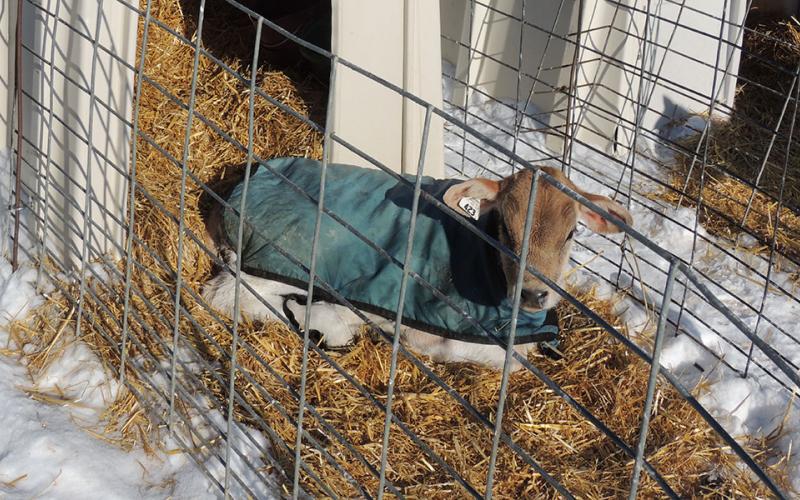
Winter Preparedness on the Dairy Farm
Weather this time of year can change in a hurry. So how many of you as dairy producers have heeded the warning and taken the time to prepare for the upcoming winter?